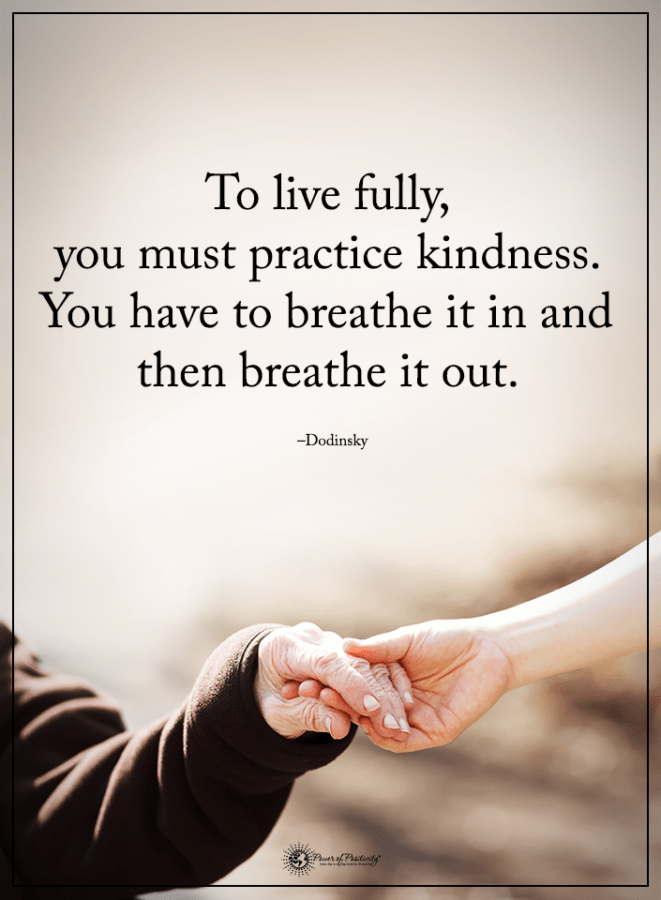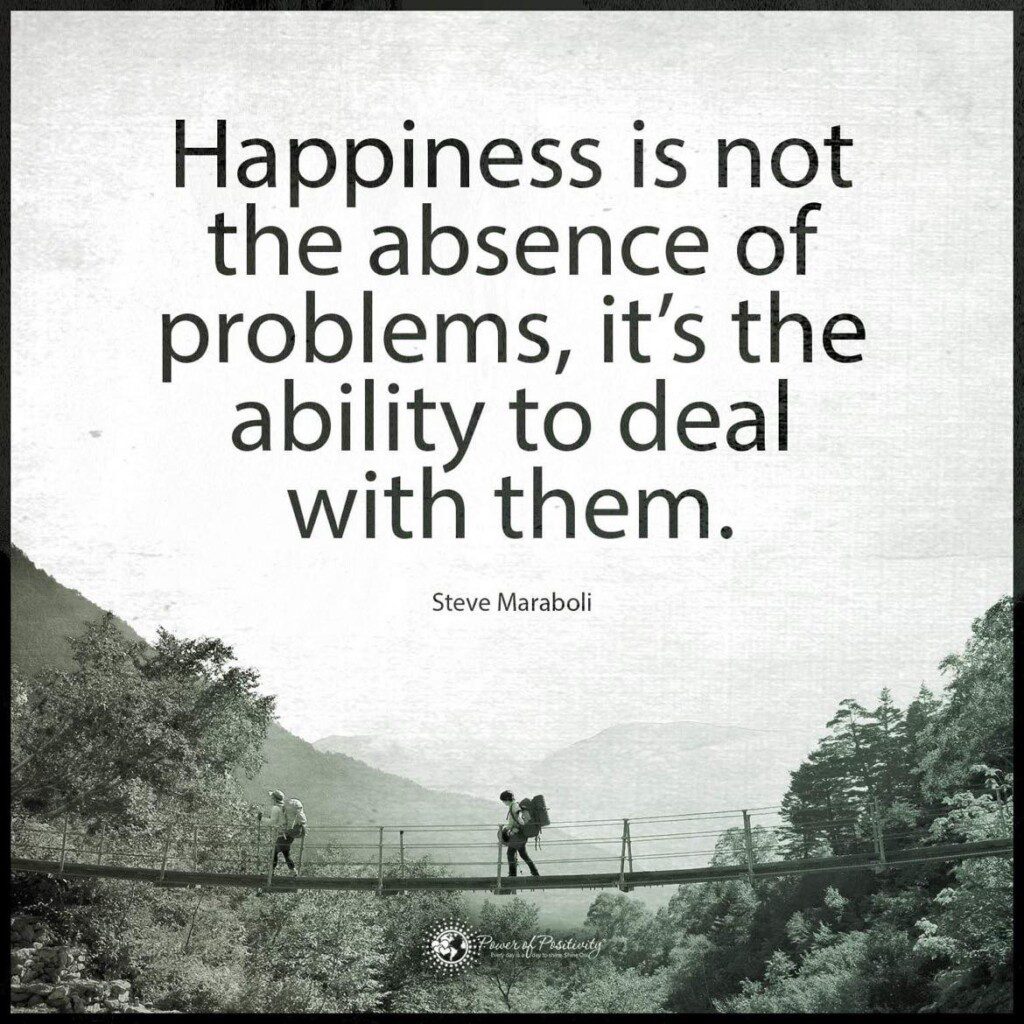Experts reveal signs of a rocky marriage.
Each relationship is unique – and has a unique set of challenges. Just like fingerprints, no two relationships are exactly alike. While there’s beauty in this individuality, it can also make it hard to decipher if your relationship is on the right track. Some marriage issues are just bumps in the road, while others might indicate severe problems.
To help you navigate these complexities, marriage therapists have shed light on some common warning signs.
Here’s what you should be on the lookout for, according to marriage therapists and scientific studies:
1 – Constant Criticism in the Relationship
Every individual has their strengths and weaknesses. While constructive feedback is essential in a relationship, constantly pointing out flaws can be damaging.
If you or your partner are consistently on the lookout for mistakes or shortcomings, it creates an environment of negativity. Studies show how criticizing can erode the love and respect you once had for each other.
Remember, it’s essential to focus on the positives and appreciate the good in each other. A balance between understanding and criticism can help maintain a healthy bond.
2 – Avoiding Communication With Your Partner
Communication is the bridge that connects two hearts. If there’s a lack of dialogue about your feelings or concerns, important issues might get swept under the rug.
Studies reinforce what therapists have long known – that couples with good communication are happier. Of course, the opposite is true, as well.
By ignoring these problems or sharing your emotions, misunderstandings can grow. That leads to feelings of isolation or resentment over time. A healthy relationship thrives on open and honest communication. So, ensure you create a safe space where both of you feel heard and understood.
3 – No Trust in Your Marriage or Partner
Trust is the cornerstone of any meaningful, long-term relationship. It’s the invisible thread that keeps two people together, even during tough times. If you find that you can’t trust your partner or they struggle to trust you, it signals a significant problem.
A shaky foundation of trust can lead to insecurities, constant second-guessing, and doubts about the relationship’s future. Building and maintaining trust requires effort, understanding, and patience from both sides.
If trust has been broken, it’s essential to address the issue and seek ways to rebuild it. That’s how you will ensure a stable and secure relationship foundation.
4 – Too Much Jealousy in the Relationship
A pang of jealousy can sometimes signify affection, showing that you care about your partner and fear losing them. However, when jealousy becomes a dominant emotion, it can harm you both.
Professionals warn that too much jealousy can lead to possessiveness, mistrust, and unnecessary conflicts. It may stem from personal insecurities, past traumas, or even misunderstandings within the relationship. Addressing the root causes and ensuring open communication is essential.
If left unchecked, excessive jealousy can suffocate a relationship. It can also prevent both partners from growing as individuals.
5 – Different Life Goals from Your Partner
Every individual has dreams, ambitions, and goals they wish to achieve. In a relationship, it’s essential to understand and support each other’s aspirations. However, if you and your partner have drastically different life goals, it can lead to tension.
For example, one might dream of traveling the world while the other envisions settling down early. Or career ambitions might pull you to different cities. These differences can strain the relationship, making it challenging to plan a future together.
Therapists know that 40% of first marriages end in divorce in the United States. Thus, they note “the importance of considering one’s partner when making decisions and plans for the future, given that it has clear implications for relationship dissolution.”
It’s crucial to have open discussions about your goals. Thus, you’ll find ways to compromise or support each other in achieving them.
6 – A Lack of Intimacy in the Relationship
Intimacy isn’t just about physical closeness; it’s also about emotional connection and understanding. Physical intimacy strengthens the bond between partners. So feel free to hold hands, hug, or share intimate kisses. On the other hand, emotional intimacy involves sharing feelings, thoughts, and vulnerabilities.
If any form of intimacy is lacking, it can signify deeper issues in the relationship. Do you lack trust? Do you have unresolved conflicts or other barriers preventing you from getting closer?
Addressing intimacy issues head-on, possibly with the help of a counselor, can pave the way for a more fulfilling and intimate relationship.
7 – Always Thinking About the Past (or a Past Relationship)
Our past shapes us, teaching us valuable lessons. However, when past mistakes or events become a recurring theme in discussions or arguments, they hinder the growth of a relationship.
Continually bringing up past relationships or holding grudges means the emotional wounds haven’t healed. It becomes a challenge to focus on the present and build a future if the shadows of the past loom large.
It’s essential to practice forgiveness, learn from past mistakes, and create new, positive memories. That’s how you can move forward together after a rough patch.
8 – Not Making Time for Each Other
Time is one of the most precious gifts you can give to someone. In relationships, spending quality time together is the glue that binds two individuals.
When life gets busy with work, responsibilities, or personal pursuits, it’s easy to drift apart unintentionally. If you consistently find that you or your partner are “too busy” for each other, it might indicate that the relationship isn’t a top priority. It’s essential to find a balance.
So, be sure to set aside regular “us time.” That can be a date night or a simple evening walk. Either way, spending time together can reignite the spark and show commitment to the relationship.
9 – Feeling Unappreciated by Your Partner
In the hustle and bustle of daily life, you may overlook small gestures of appreciation. However, everyone craves acknowledgment and validation. Feeling unappreciated or taken for granted in a relationship may lead to feelings of loneliness and resentment.
These feelings can fester, leading to more significant conflicts down the line. It’s important to show gratitude, acknowledge each other’s efforts, and celebrate small victories together.
Regularly expressing appreciation ensures both partners feel cherished, reinforcing their bond.
10 – Hiding Things From the Other Partner
Openness and transparency form the bedrock of any successful relationship. Keeping secrets, whether big or small, can create an invisible barrier between partners.
When you hide things, it implies a lack of trust or fear of judgment from your partner. Over time, these secrets can pile up, leading to a feeling of disconnect or even betrayal when they come to light. A relationship flourishes when both partners can share their truths, fears, and aspirations without hesitation.
Regular open conversations help bridge gaps and ensure both partners feel secure and trusted.
11 – Refusing to Compromise in the Relationship
Life is full of compromises, especially when sharing it with someone else. Relationships thrive on mutual respect and understanding. However, if one partner constantly stands their ground without considering the other’s perspective, it can lead to recurring conflicts and dissatisfaction.
It’s important to remember that compromise doesn’t mean losing. Instead, it means finding a middle ground where both partners feel heard and valued.
By being open to adjustments and showing empathy toward your partner’s needs, you create a harmonious and loving relationship.
12 – No Shared Activities in the Marriage
Shared experiences and hobbies create lasting memories and strengthen the bond between partners. These activities act as threads, weaving two individuals closer together. They offer an escape from daily routines, allowing couples to connect on different levels.
If there’s a lack of shared activities or interests, it can lead to feelings of detachment or parallel living, where both partners live separate lives under the same roof. It’s beneficial to explore new hobbies, revisit old interests, or even travel together.
Finding joy in sharing experiences can rekindle passion and keep the relationship vibrant and connected.
13 – Ignoring Boundaries in the Marriage
Studies show that each individual in a couple must set boundaries – both emotional and physical. These can serve as guidelines for how they wish for their partner to treat them. Personal experiences, values, and beliefs influence these boundaries.
When a partner ignores or deliberately crosses these boundaries, it’s not just a breach of trust but also a disregard for personal well-being. Continually pushing or disrespecting these limits can lead to feelings of unease, resentment, and even fear.
For a relationship to be healthy and nurturing, it’s vital that both partners understand, communicate, and respect each other’s boundaries.
14 – Lack of Respect Within the Relationship
Respect is more than just a word. Instead, it is an action and a foundation upon which couples form strong foundations. Whether it’s in the form of listening actively, valuing opinions, or acknowledging feelings, respect solidifies the bond between partners.
Without mutual respect, interactions can become condescending, dismissive, or even hostile. A lack of respect can erode the very essence of the relationship, leading to feelings of worthlessness or inferiority.
It’s essential to demonstrate respect in every interaction to grow a relationship. That ensures both partners feel valued and understood.
15 – Not Seeking Marriage Help When Needed
Every relationship encounters challenges. However, what differentiates a lasting relationship from a fleeting one is how you face these challenges. Stubbornly navigating problems without seeking external help, whether from friends, family, or professionals, can magnify the issues.
Avoiding or ignoring them is often a sign of denial or a lack of commitment to resolving them. Seeking assistance, especially in couples therapy or counseling, can provide valuable insights and tools to strengthen the relationship.
Recognizing when help is needed and acting upon it showcases a genuine commitment to the relationship’s longevity and health.
Final Thoughts on Recognizing the Key Signs of an Unhealthy Relationship
Always remember that every couple encounters rough patches in relationships. However, if several of these signs feel like your current situation, it may be time for introspection and seeking guidance from a marriage therapist. You deserve a flourishing relationship. So always prioritize your well-being and happiness – as a couple and an individual.

















 Community
Community

